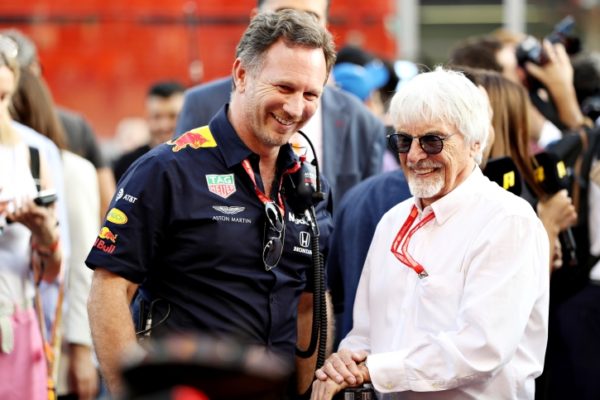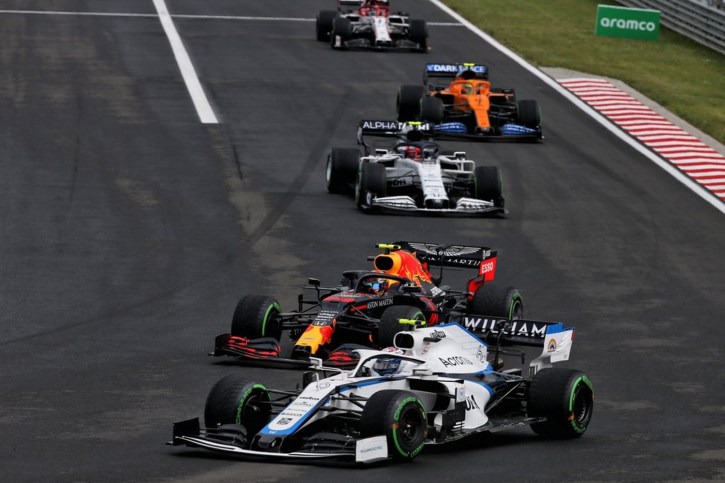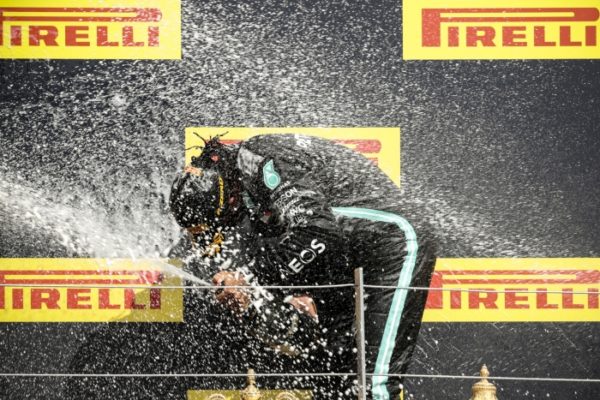Jul.3 (GMM) Formula 1 team bosses at Silverstone seem happier with the FIA’s clampdown on ‘porpoising’ – for now.
After Baku, where Lewis Hamilton nursed an obvious back injury as a result of the aerodynamic phenomenon, the governing body vowed to take action.
That, however, angered rival team bosses – notably title protagonists Red Bull and Ferrari, who suspected Mercedes pushed the FIA to take action for performance reasons.
But at Silverstone, it now emerges that the FIA has delayed the technical directive until Paul Ricard in three weeks, and eased some of the harness of the prescribed metrics.
“The process is correct now,” said Ferrari’s Mattia Binotto. “It is a suggestion and not a rule.”
His Red Bull counterpart Christian Horner added: “What happened in Montreal wasn’t right, without any consultation with a technical group.
“So I think the implementation with the timing for France has now followed the process.”
However, the new technical directive – to be discussed at the F1 Commission next week – is expected to lay out penalties not only for excessive bouncing, but also whether the floor of each car is uniformly stiff.
One rumour is that Mercedes is again behind the floor stiffness clampdown, as it suspects that is why its ‘no sidepods’ concept is inferior to Red Bull and Ferrari.
“Mercedes and McLaren want to get the FIA to look at what you can do with the floor so that they can continue to use their concept in 2023,” one source told Auto Motor und Sport.
Horner says that’s a dangerous road for Formula 1 to go down.
“It seems that we’re giving more and more influence to the FIA to dictate what your setup is,” he said. “It’s a dangerous avenue to go down.
“You can already see that some of the cars are looking more familiar, so I think the most important thing is ‘don’t dick with it’,” said Horner. “Just leave it alone and the teams will sort it out.”
Binotto agrees: “If they can say a car is dangerous if it touches the ground too much, they can also stop a driver from using slicks on a wet track.”




